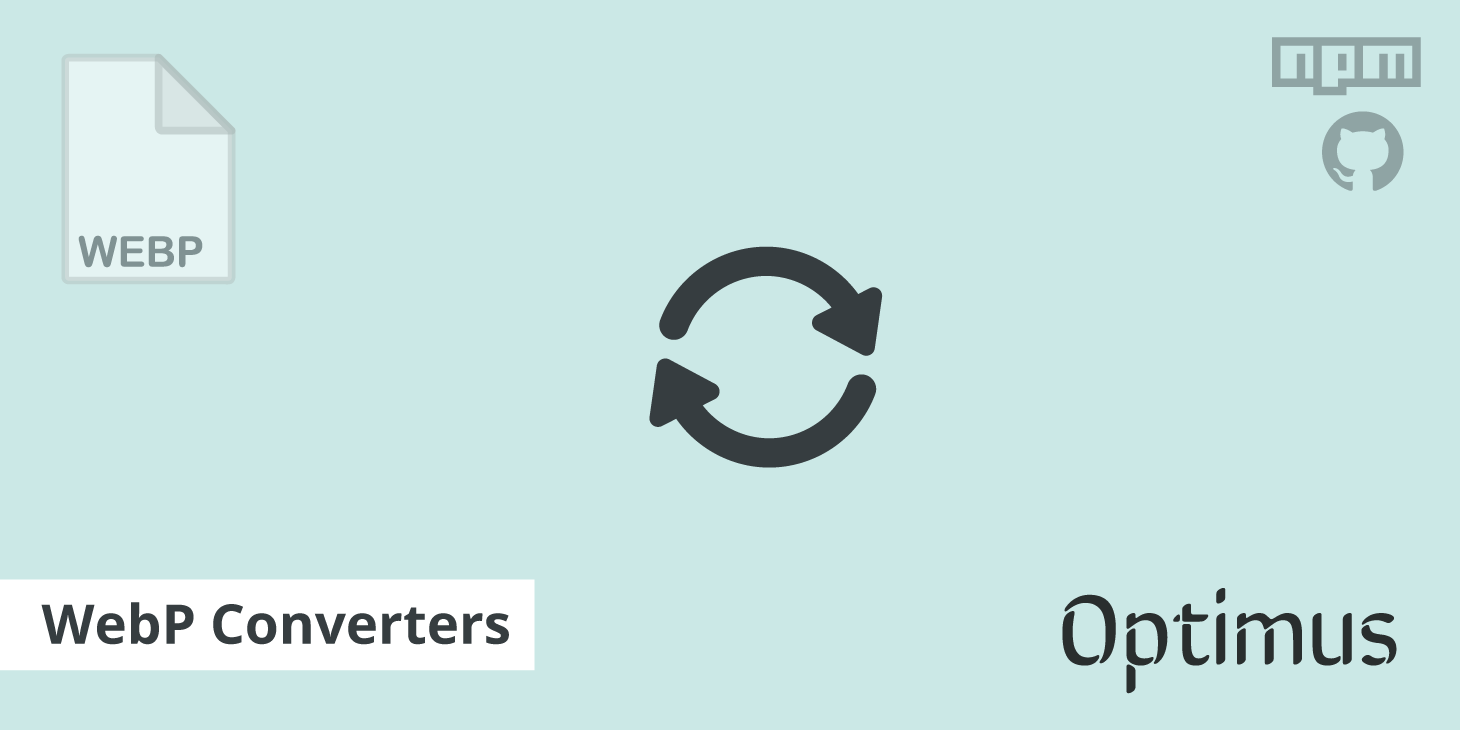WebP Converter - Online File Conversion

Google's WebP image format, particularly lossless WebP, can a be a great solution when it comes to dramatically decreasing the size of your images, while still retaining the quality. We saw an 85% decrease in image size when converting from JPG to WebP, and a 42% decrease when converting from PNG to WebP. Below are a few options you have when it comes to choosing a WebP converter, including plugins, tools, libraries, and software.
WebP converter options
WebP support is a lot more than it used to be. Right now it is supported by Chrome, Opera, and their mobile browsers. There are also rumors that we could possibly be seeing WebP support in Safari in iOS 10. Depending upon your traffic and the browsers your visitors are using, this could mean that large majority of your visitors that could be benefiting from WebP. A lot of platforms now have solutions for easily converting images to WebP, see some options you have below.
WebP converter for WordPress
Our Optimus Image Optimizer is by far one of the easiest WebP converter plugins for WordPress. This plugin, along with our free WordPress Cache Enabler plugin allow you to automatically convert your images to WebP format and serve them to supported browsers. You can start serving WebP in just 4 simple steps.
Purchase the Optimus image optimizer plugin and install it.
In the Optimus settings, make sure WebP files is enabled. After this is enabled, any image uploaded to the WordPress media library is automatically converted WebP. Your original JPEG and or PNG will still remain, this simply creates a 2nd WebP version.
Install our free WordPress Cache Enabler plugin.
In the Cache Enable settings make sure "Create an additional cached version for WebP image support" is enabled.
The option above allows WebP to be served to supported web browsers and your JPEG and or PNG to still be served to non-supported browsers.This is done by creating a 2nd WebP version html file that is cached to disk. Doing it this way ensures that it loads super fast from cache and that WebP can be used with your CDN provider, such as KeyCDN.
WebP converter libraries
Google libwebp library
You can also use the libwebp libary from Google to add WebP encoding or decoding to your programs and or web server. cwebp is part of libwebp, and was written by the WebP team. The latest source tree is available at https://chromium.googlesource.com/webm/libwebp/. cwebp compresses an image using the WebP format. Input format can be either PNG, JPEG, TIFF, WebP or raw Y'CbCr samples.
WebP projects and packages
Here are also a couple popular GitHub projects that can you with integration WebP into your projects or websites.
- cwebp-bin: cwebp bin-wrapper that makes it available as a local dependency.
- gulp-webp: Convert images to WebP.
- grunt-webp: convert your images to WebP format.
- imagemin-webp: WebP plugin for imagemin.
- node-webp: Node.js wrapper for cwebp and dwebp.
Online WebP converter tools and software
There are also a lot of free online WebP converter tools and software you can use. These can be useful if you are wanting to start testing WebP and comparing file size differences.
Summary
As you can see there are quite a few options out there to choose from if you are looking for a WebP converter. Remember though, after you convert your images to WebP format, you also need a proper method to deliver them to only supported browsers.